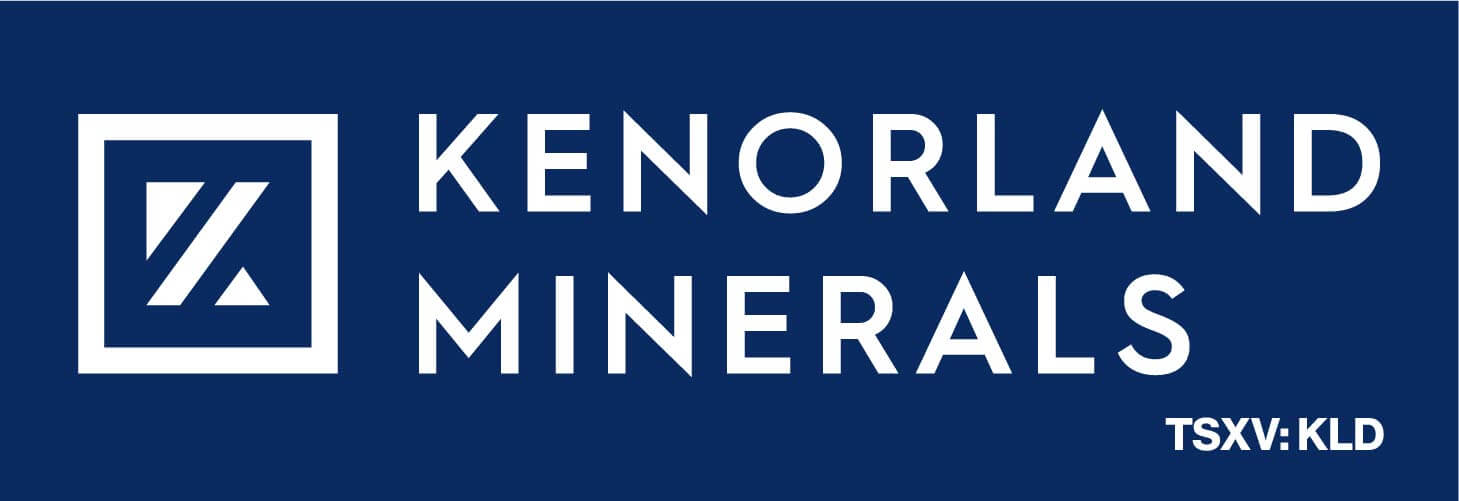California’s Gasoline Price Gouging Law Working To Hold Down Oil Refiner Profits and Gas Prices Two Years After Passage, Adds Protections For Polluter Pays Laws, Says Consumer Watchdog
SACRAMENTO, Calif., April 3, 2025 /PRNewswire/ — Two years after Governor Newsom signed the nation’s toughest oil refiner accountability law, Californians have reaped big benefits by containing oil refiners’ profits and lowering gasoline prices.
“California has gotten command and control over oil refiners and it has resulted in savings at the pump,” said Jamie Court, president of Consumer Watchdog. “New rules due this summer will add to the controls and prevent oil companies from passing on excessive profits and unreasonable overhead costs at the pump.”
A review of public data shows:
- Gasoline prices have declined steadily, from a high $5.40 per gallon average in 2022 to $4.87 per gallon in 2023 to $4.64 per gallon in 2024, according to data from the federal Energy Information Administration (EIA).
- The gap between US and California gasoline prices has narrowed as well, from $1.35 per gallon in 2022 to $1.24 per gallon in 2023 to $1.22 per gallon in 2024. California has largely avoided sustained periods of extreme gasoline price spikes, such as when California gasoline prices spiked to more than $2.50 per gallon than US gasoline prices in October of 2022.
- Profit margins reported by the oil refiners have fallen. SB 1322 (Allen), passed in 2022 and sponsored by Consumer Watchdog, required monthly reporting of California oil refiners’ per gallon gross refining margins, the industry standard of profitability. The average margin fell from $1.01 per gallon in 2023 to 73 cents in 2024. Reporting by refiners to the Securities Exchange Commission from 2022 shows margins in excess of $1 per gallon.
Governor Newsom signed California’s landmark gasoline price gouging law on March 28, 2023. It created the Division of Petroleum Oversight to police the industry, set more stringent reporting requirements, and allowed for the state to set a price gouging penalty for oil refiners that made more than a certain amount in profits per gallon. In October 2024 Newsom signed another law requiring minimum gasoline inventories. Rules for the price gouging penalty level and minimum inventories are supposed to be finalized this summer.
Court said the impact of the laws was instructive for laws requiring polluters to pay for their role in climate change related disasters that are being debated in the legislature. SB 222 (Weiner) allows insurance companies and survivors of fossil fuel induced disasters to recover from oil companies. SB 684 (Menjivar) creates a climate superfund for cleanup of fossil fuel driven disasters by penalizing polluters. Oil companies claim both laws will drive up the price at the pump, but Court and noted energy economist Robert McCullough state that Californians are protected by the oil refiner accountability laws from any costs of cleanup of their messes being added into the price of California gasoline.
McCullough noted: “California’s gasoline prices are the most tightly regulated gasoline market in the country. In recent years, California has enacted landmark reforms requiring detailed reporting on the cost of refined products, minimum inventory requirements and a price gouging penalty which precludes companies from taking much more in profits than the costs of making a gallon of gasoline. The latter rule has yet to be finalized, but is expected to be this summer, and when it is every aspect of a gallon of gasoline will need to be justified and there is no room for oil companies to add on the costs of liability claims.”
“Oil companies with refineries in California have made extraordinary profits over the last 10 years,” said Robert McCullough. “Profits of the five major companies owning refineries in California over the past decade totals $246.7 billion. Allowing the recapture of some of these profits to meet the costs of global warming partially caused by these companies is appropriate.”
“Senate Bill 222 addresses a discontinuity in responsibility for wildfire damages,” McCullough stated. “Utilities face significant costs based on the doctrine of inverse condemnation when high winds ignite brush and trees near their facilities. However, transportation fuels are a significant component of the global warming that has caused high winds, droughts, and rising temperatures. The 6.1 billion barrels refined in California since 2015 helps cause the conditions that make the ignition so terribly dangerous.”
Hannah Einbinder, an American actress and comedian staring in the Max series Hacks, mentioned SB 222 on the Late Show with Stephen Colbert. Asking her audience to weigh in support of SB 222, she said, “There’s no kissing on a dead planet.”
“Insurance companies and survivors of fossil fuel-driven natural disasters need relief. Oil companies that made hundreds of billions in profits creating these catastrophes should have a role in paying for their aftermath,” said Court.
![]() View original content to download multimedia:https://www.prnewswire.com/news-releases/californias-gasoline-price-gouging-law-working-to-hold-down-oil-refiner-profits-and-gas-prices-two-years-after-passage-adds-protections-for-polluter-pays-laws-says-consumer-watchdog-302420220.html
View original content to download multimedia:https://www.prnewswire.com/news-releases/californias-gasoline-price-gouging-law-working-to-hold-down-oil-refiner-profits-and-gas-prices-two-years-after-passage-adds-protections-for-polluter-pays-laws-says-consumer-watchdog-302420220.html
SOURCE Consumer Watchdog







